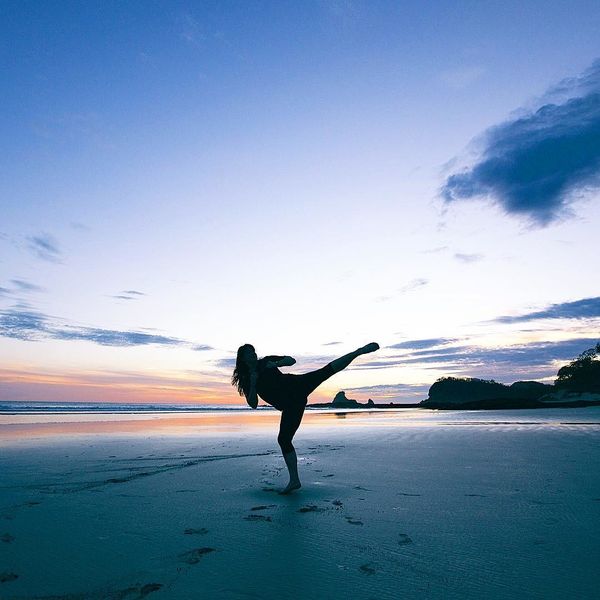Avenger's Endgame just arrived in theatres, and concluded the original Avenger's storyline and cumulated a battle between Thanos and a number of other characters. But looking back at the past, it is hard not to notice the lack of representation in the majority of their films.
In 2008 the first Marvel cinematic universe film was released, 'Iron Man', which told the story of Tony Stark, played by Robert Downey Jr. The next two films to follow, 'Thor' and 'Captain America' also featured white male leads, of Chris Hemsworth and Chris Evans. The first crossover film 'The Avengers', featured the first female characters as apart of the lead cast, featuring Scarlett Johansson as The Black Widow. However, the first female lead protagonist, as the title character no less, did not arrive until 2019 with 'Captain Marvel' played by Brie Larson.
'Black Panther' released in 2018, is the only Marvel film to include a lead of color, with T'Challa played by Chadwick Bozeman. The large majority of the cast also is black, playing citizens of the African nation Wakanda. The representation presented in 'Black Panther' is evidently incredibly larger than any movie preceding its release.
When discovering why Marvel lacks representation, there are two major roles that have lead to this issue. First, the fact that Marvel's films are based on comic books that were created as far back as the 1960s when representation was not only weak but shunned. Many characters were given female counterparts, like Ms. Marvel, which originated the Carol Danvers who is now known as Captain Marvel. This history is difficult for Marvel's case because when looking at the comics, the original male versions of the characters are typically much more fleshed out, with bigger plotlines, allowing for a better transition to film. Meaning when turning a comic to a movie, most of the chosen comics had white male leads. Which leads to the second issue with the Marvel Cinematic Universe's representation, their lack of adaption.
Marvel sits between a rock and a hard place when faced with adaptation. How many times have you heard someone groan about how disappointed they are that a filmmaker or producer changed something about the character when turning the story into a movie? Because of this, the studio may have been worried about how the films would be received if they adapted the characters to be female, or non-white. 'Captain Marvel' was even met with extreme backlash, as people were angered by the company's decision to cast a female lead, in a part as critical as she plays no less.
However, this certainly wasn't an excuse, as 'Captain Marvel' and 'Black Panther', the only two films without white male leads, jumped to the top 10 highest grossing films from Marvel of all time. Box office results delivered a message loud and clear to Marvel, that representation matters, and characters of different ethnicities are important to show. As well as empowering young girls by showing that superheroes can be female, and can be the strongest superheroes too.
Now, Marvel is looking forward into many more movies to come, with the 'Dark Phoenix' movie in production, which will be the second title character starring a woman, Sophie Turner. As they go into further films, many fans are calling on them to represent the LGBTQIA+ community, which so far has never been represented in a Marvel film. Although the comics do not include any, it would be their task to adapt the comics before film production. By doing so, they may anger some fans who are set on the exact portrayal of the comics. But, they will also continue to represent different communities and prove that being a superhero isn't for just one race, gender or sexuality.



















